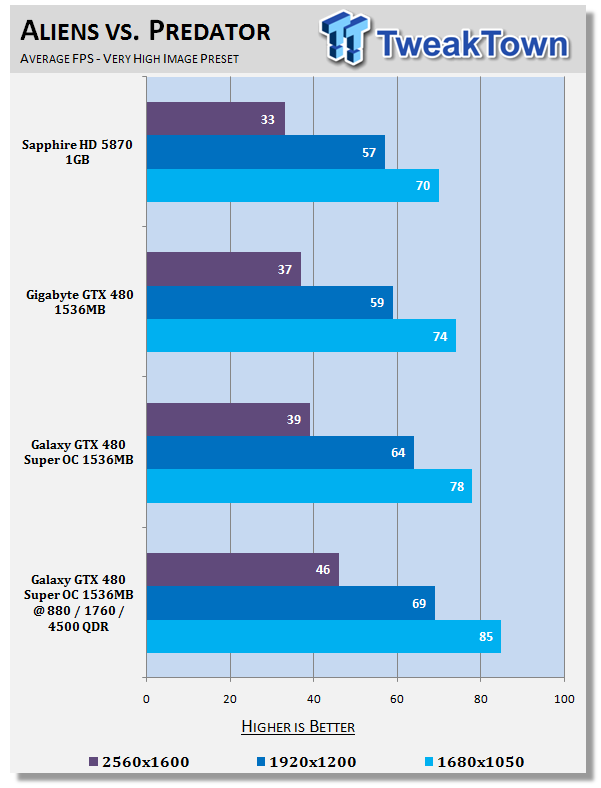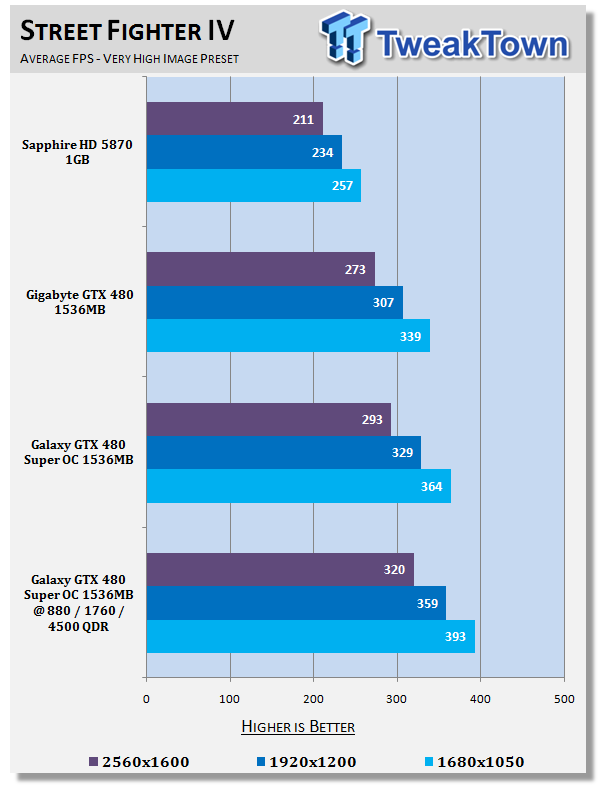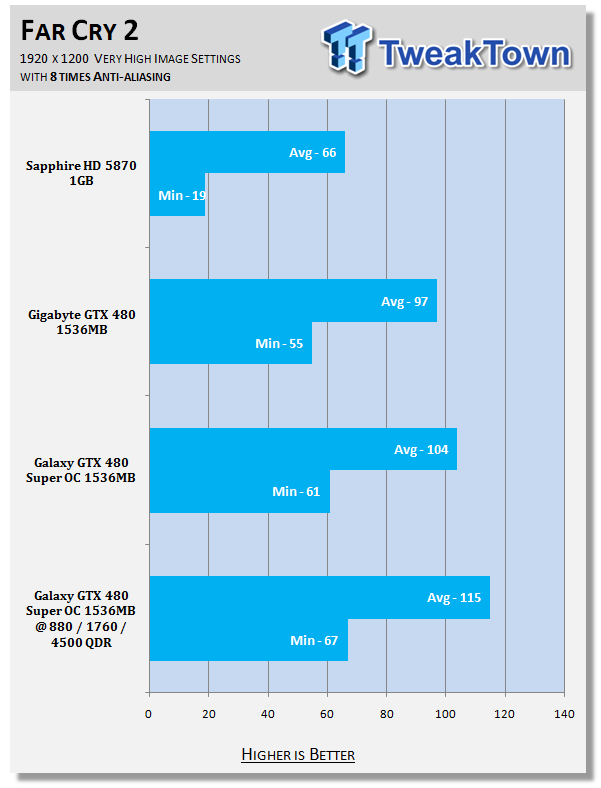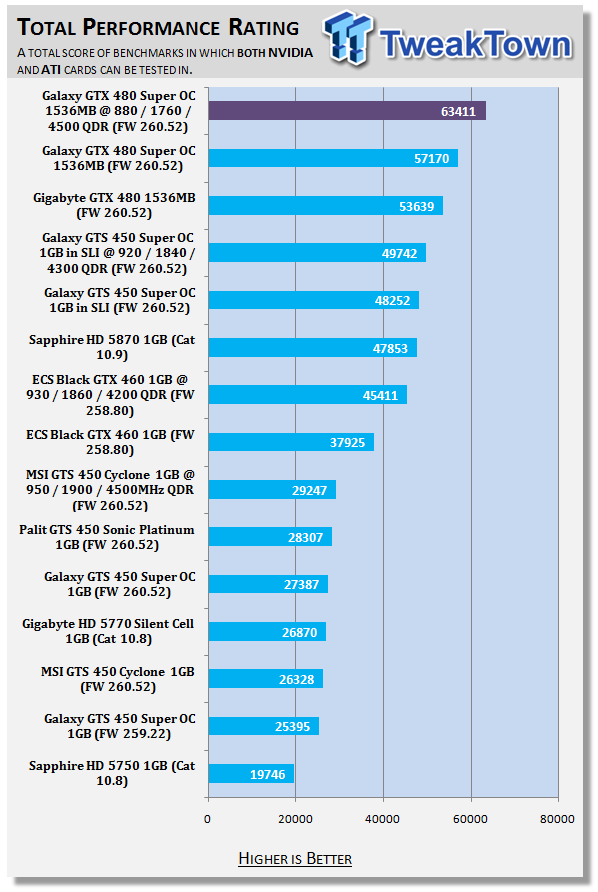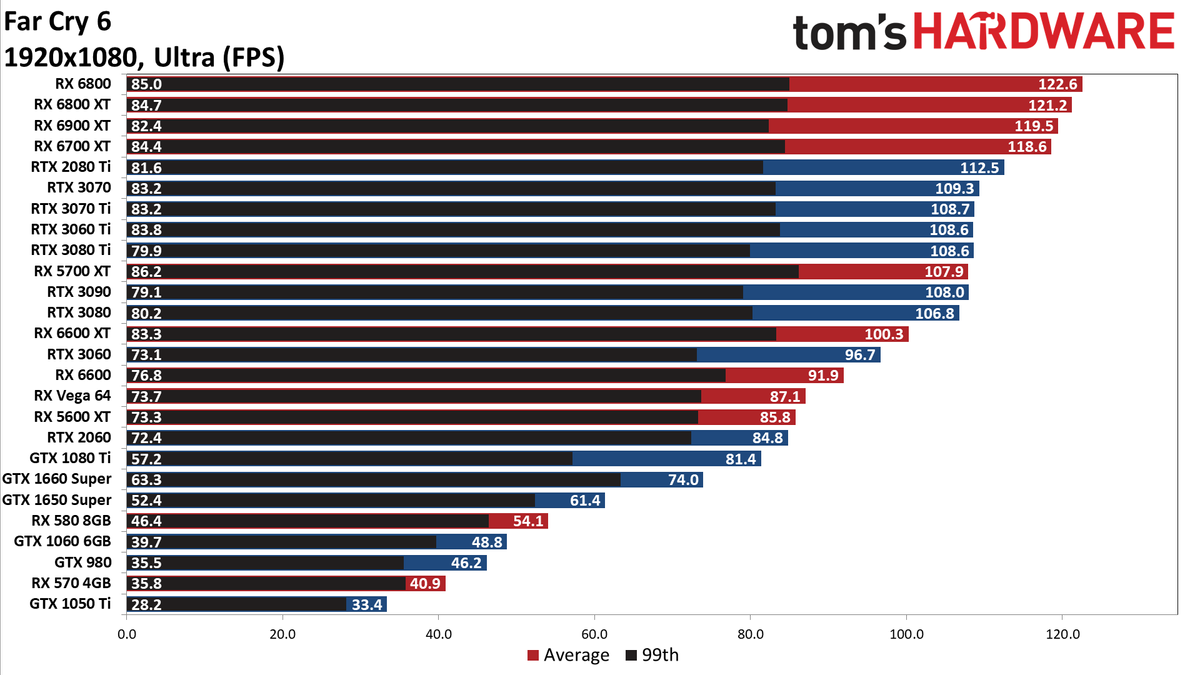People who buy the halo products are almost always not the smartest of people hence why they need to ask if it is futureproof or they go full on out there and say it will last 10 years.
The last Halo card I owned was the GTX 480, it lasted 4 years before settings had to be turned downto truly get 60 FPS at 1080P then it died.
Battlefield 3 came out in 2011, a game that card could not max and stick to 60 FPS. The 480 was out in 2010.
The last Halo card I owned was the GTX 480, it lasted 4 years before settings had to be turned downto truly get 60 FPS at 1080P then it died.
Battlefield 3 came out in 2011, a game that card could not max and stick to 60 FPS. The 480 was out in 2010.
Last edited:


